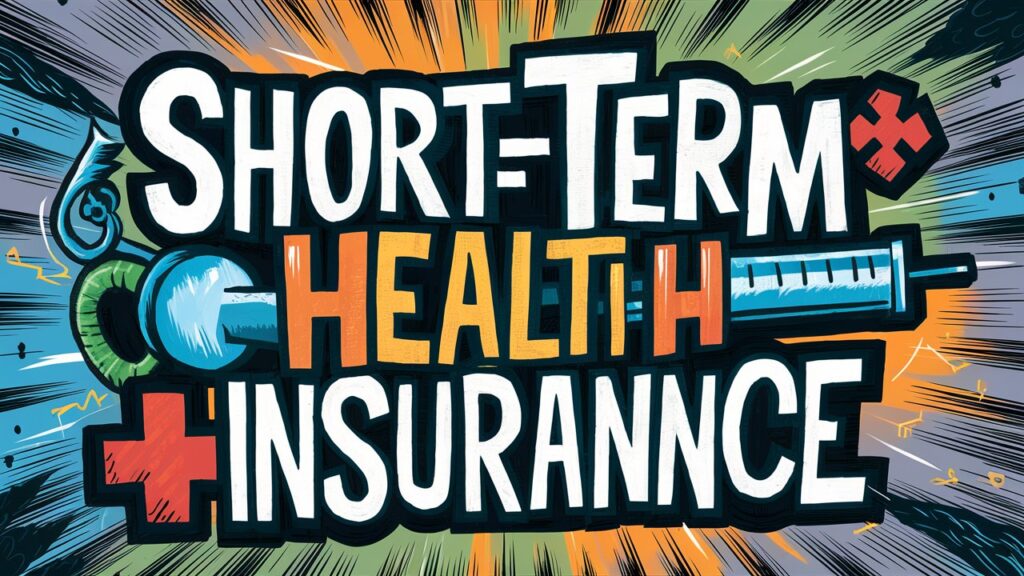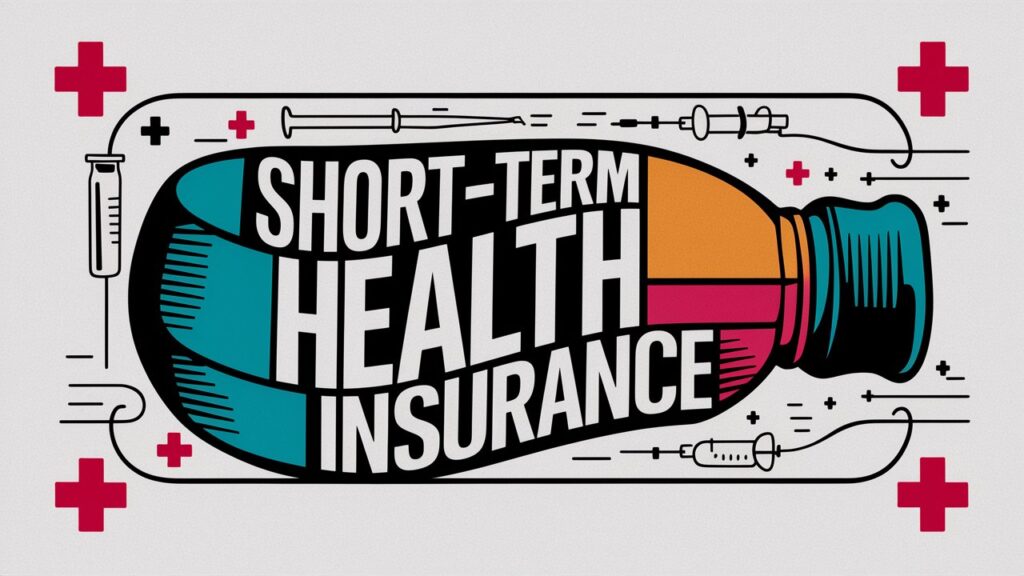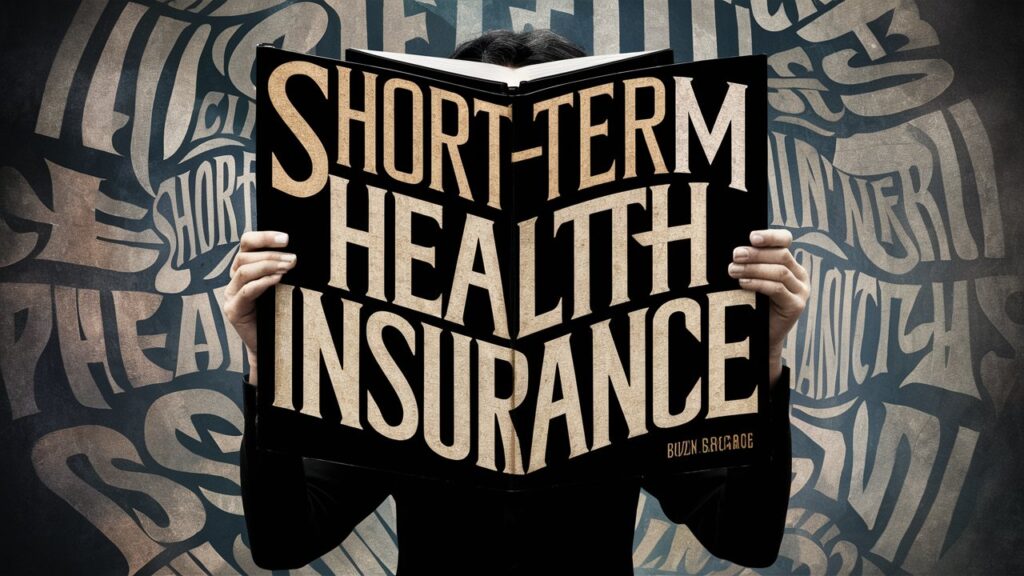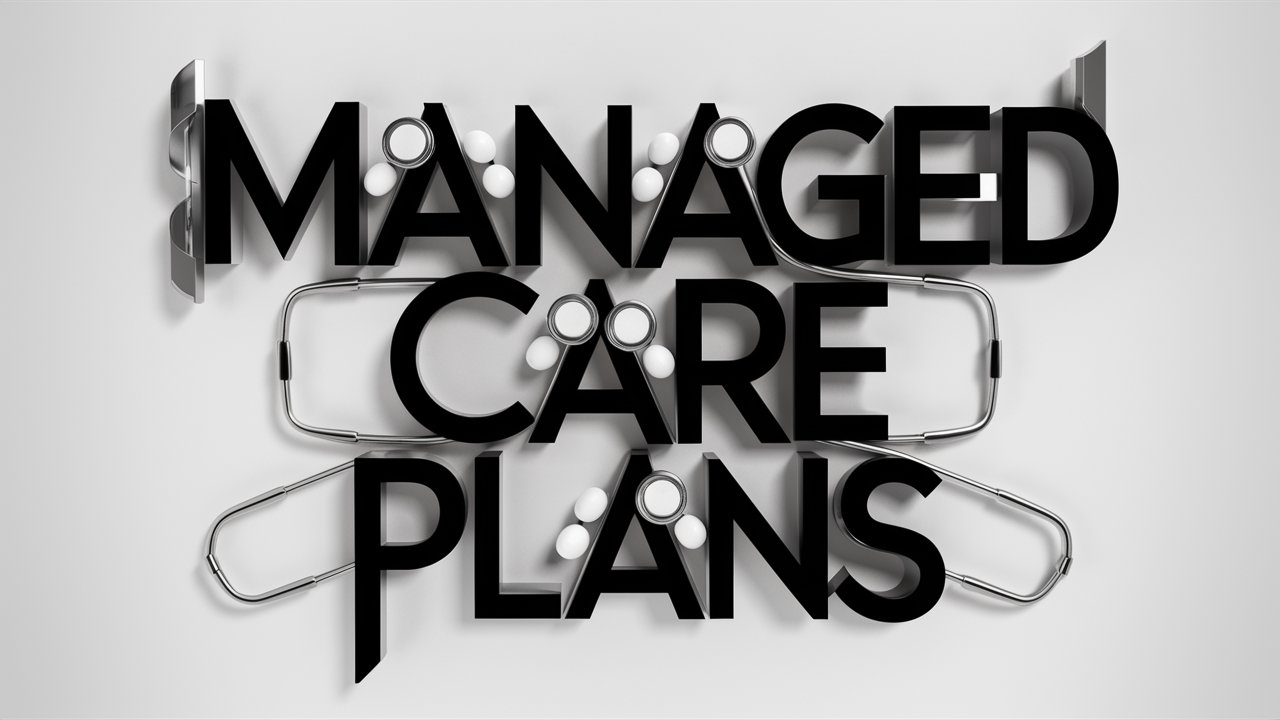Short-term health insurance offers a flexible solution for individuals needing temporary coverage. Ideal for gaps between jobs or waiting periods for other plans, it provides essential benefits and peace of mind during transitions. Discover how short-term insurance can safeguard your health needs effectively.
Introduction
Navigating the world of health insurance can often feel like a daunting task, especially when faced with the myriad of options available. Among these, short-term health insurance stands out as a flexible and often more affordable alternative for those in need of temporary coverage. Whether you’re in a transitional period, such as between jobs, waiting for other insurance to begin, or simply seeking a stopgap solution, understanding the intricacies of short-term health insurance is crucial. This guide delves into everything you need to know about short-term health insurance, from its benefits and drawbacks to how it compares with other types of coverage.
What is Short-Term Health Insurance?
Short-term health insurance, also known as temporary health insurance, is designed to provide coverage for a limited period, typically from a few months up to a year. Unlike traditional health insurance plans that offer comprehensive coverage and long-term protection, short-term plans are intended to bridge gaps in your health insurance coverage.
Key Features of Short-Term Health Insurance
- Duration
These plans are generally offered for a duration of one month to twelve months, with the option to renew in some cases.
- Coverage
Short-term health insurance typically covers emergency care, hospitalization, and some outpatient services. However, coverage is often less comprehensive than traditional health insurance.

- Flexibility
These plans can be purchased at any time of the year, providing a convenient option for those who miss the open enrollment period for traditional health insurance.
- Cost
Premiums for short-term health insurance are usually lower than those for comprehensive health plans, making it an attractive option for budget-conscious individuals.
Who Should Consider this Insurance?
It can be an ideal solution for various situations, including
- Between Jobs
If you’ve recently left a job and are waiting for new employer-sponsored health insurance to kick in, short-term coverage can fill the gap.
- Missed Open Enrollment
If you missed the open enrollment period for traditional health insurance and do not qualify for a special enrollment period, a short-term plan can provide interim coverage.
- Waiting for Medicare
Individuals approaching Medicare eligibility might use short-term health insurance to bridge the gap until their Medicare benefits begin.
- Young Adults
Recent graduates or young adults who are no longer covered under their parents’ insurance plan may opt for short-term coverage while they search for a permanent solution.
Benefits of Short-Term Health Insurance
Affordability
One of the most significant advantages of short-term health insurance is its affordability. Premiums for these plans are typically lower than those for comprehensive health insurance, making them an attractive option for individuals and families on a budget. This cost-effectiveness is particularly beneficial for young, healthy individuals who do not anticipate needing extensive medical care.
Flexibility and Immediate Coverage
Short-term health insurance plans offer a high degree of flexibility. Unlike traditional health insurance, which has set enrollment periods, short-term plans can be purchased at any time. This makes them a convenient option for those who need immediate coverage. Additionally, the application process for short-term health insurance is generally quick and straightforward, with many plans providing coverage within 24 hours of application.

Freedom to Choose Providers
Many short-term health insurance plans offer the flexibility to choose your healthcare providers without being restricted to a specific network. This can be a significant advantage for individuals who prefer to see certain doctors or specialists not covered under traditional health insurance networks.
Customizable Plans
This plans often allow you to tailor coverage to your specific needs. You can choose from various deductible and coverage options, enabling you to find a plan that aligns with your healthcare needs and budget.
Drawbacks of Short-Term Health Insurance
Limited Coverage
While short-term health insurance plans can be affordable and flexible, they often come with limited coverage. These plans typically do not cover pre-existing conditions, preventive care, maternity care, or mental health services. As a result, they may not be suitable for individuals with chronic health conditions or those who require regular medical care.
Non-Renewability
Many short-term health insurance plans are not renewable, meaning that once the coverage period ends, you will need to reapply for a new plan. This can be inconvenient and may result in a lapse in coverage. Additionally, some states have regulations that limit the duration of short-term plans, further complicating the renewal process.
Exclusions and Limitations
This plans often come with numerous exclusions and limitations. For example, they may impose caps on certain types of care or exclude coverage for specific treatments altogether. It is crucial to carefully read the fine print and understand the terms and conditions of any short-term plan you are considering.
Potential for High Out-of-Pocket Costs
Although the premiums for short-term health insurance plans are generally lower than those for traditional health insurance, out-of-pocket costs can be higher. These plans often come with higher deductibles and copayments, meaning that you may end up paying more out-of-pocket for medical care.
Comparing Short-Term Health Insurance with Other Types of Health Insurance
Short-Term vs. Traditional Health Insurance
Traditional health insurance, such as plans offered through employers or the Affordable Care Act (ACA) marketplaces, provides comprehensive coverage for a wide range of medical services. These plans cover preventive care, prescription drugs, maternity care, mental health services, and more. In contrast, short-term health insurance offers more limited coverage and is not required to adhere to the same regulations as traditional health insurance.
Short-Term vs. COBRA
The Consolidated Omnibus Budget Reconciliation Act (COBRA) allows individuals to continue their employer-sponsored health insurance for a limited time after leaving a job. While COBRA offers the same comprehensive coverage as the individual’s previous plan, it can be expensive since the individual is responsible for the entire premium cost. This insurance, on the other hand, is typically more affordable but provides less comprehensive coverage.

Short-Term vs. Catastrophic Health Insurance
Catastrophic health insurance is a type of high-deductible plan designed to protect against major medical expenses. Like short-term health insurance, catastrophic plans are generally more affordable than comprehensive health plans. However, catastrophic plans must comply with ACA regulations and offer essential health benefits, while short-term plans do not. This means that catastrophic plans may provide more comprehensive coverage than short-term health insurance.
How to Choose the Right Short-Term Health Insurance Plan
Assess Your Healthcare Needs
Before selecting a short-term health insurance plan, it is essential to assess your healthcare needs. Consider factors such as your age, health status, and any anticipated medical expenses. If you have a chronic condition or require regular medical care, a short-term plan may not be the best option for you.
Compare Plans and Providers
When shopping for short-term health insurance, it is crucial to compare plans and providers. Look for reputable insurance companies with positive customer reviews and a history of reliable service. Compare the coverage options, deductibles, copayments, and premiums of different plans to find the one that best meets your needs and budget.
Read the Fine Print
Before enrolling in a short-term health insurance plan, carefully read the fine print and understand the terms and conditions. Pay close attention to any exclusions, limitations, and coverage caps. Understanding the details of the plan will help you avoid surprises and ensure that you have the coverage you need.
Consider the Cost
While affordability is one of the main advantages of short-term health insurance, it is essential to consider the overall cost of the plan. In addition to the monthly premium, factor in the deductible, copayments, and any out-of-pocket costs you may incur. Make sure the plan fits within your budget and provides the coverage you need.
Check for State Regulations
Short-term health insurance regulations vary by state. Some states have imposed restrictions on the duration and renewability of short-term plans, while others have banned them altogether. Be sure to check the regulations in your state before purchasing a short-term health insurance plan.
Frequently Asked Questions About Short-Term Health Insurance
Is Short-Term Health Insurance ACA-Compliant?
No, short-term health insurance plans are not required to comply with the Affordable Care Act (ACA) regulations. This means they do not have to cover essential health benefits, such as preventive care, mental health services, and prescription drugs, and they can deny coverage based on pre-existing conditions.
Can I Renew My Short-Term Health Insurance Plan?
The renewability of short-term health insurance plans varies by state and provider. Some plans may offer the option to renew, while others do not. Additionally, some states have regulations that limit the duration and renewability of short-term plans. It is essential to check the terms of your specific plan and the regulations in your state.
Will Short-Term Health Insurance Cover Pre-Existing Conditions?
Most short-term health insurance plans do not cover pre-existing conditions. This means that any medical condition you had before enrolling in the plan will not be covered. If you have a pre-existing condition, you may want to consider other health insurance options that provide more comprehensive coverage.
How Quickly Does Coverage Begin with Short-Term Health Insurance?
One of the advantages of short-term health insurance is that coverage can begin quickly, often within 24 hours of application. This makes it an attractive option for those who need immediate coverage.
Are Prescription Drugs Covered by Short-Term Health Insurance?
Coverage for prescription drugs varies by plan. Some short-term health insurance plans may offer limited coverage for prescription medications, while others do not cover them at all. It is important to review the details of your plan to understand what is covered.
Can I Cancel My Short-Term Health Insurance Plan?
Yes, most short-term health insurance plans offer the flexibility to cancel at any time. However, it is essential to check the terms and conditions of your specific plan to understand any potential penalties or refund policies associated with cancellation.
Conclusion
Short-term health insurance can be a valuable tool for those in need of temporary coverage. Its affordability.
For more details please visit our home page: Click Here

